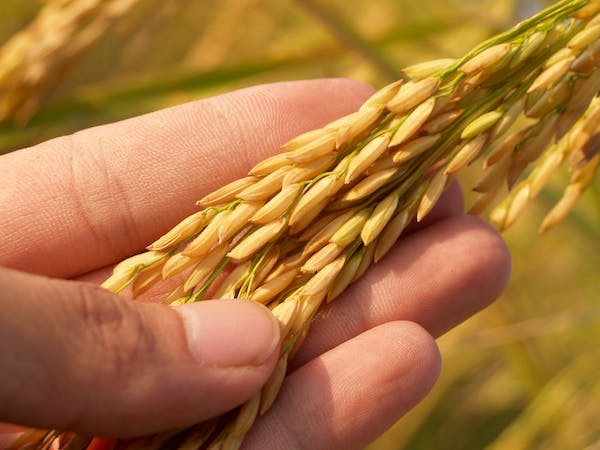Introduction:
Vietnam is a country rich in traditions, history, and captivating cultural expressions. Among the many facets that contribute to the nation’s vibrant heritage, bảie holds a significant place. Bảie, pronounced as “bye-ee,” encompasses various aspects of Vietnamese culture, including customs, etiquette, values, and social norms. In this article, we will explore the essence of bảie and its role in shaping the unique identity of Vietnam.
Cultural Etiquette:
Bảie encompasses a set of cultural norms and etiquettes that govern interpersonal relationships and social interactions in Vietnam. Respect for elders, an integral part of bảie, is deeply ingrained in Vietnamese society. Younger individuals show deference to their seniors through gestures like bowing or addressing them with appropriate honorifics.
Hospitality and Generosity:
Vietnamese culture places great importance on hospitality and generosity, which are core elements of bảie. Guests are warmly welcomed into homes, and hosts go to great lengths to ensure their comfort. Sharing meals and offering refreshments are common gestures of hospitality, reflecting the Vietnamese belief in building strong relationships through shared experiences.
Family Values:
Bảie strongly emphasizes the significance of family in Vietnamese society. The family unit is considered the foundation of social order, and filial piety is deeply rooted in Vietnamese culture. Respecting and caring for one’s parents and ancestors is an essential aspect of bảie, and family gatherings are cherished occasions that reinforce these values.
Harmony and Social Harmony:
Maintaining harmony and social cohesion is an essential aspect of bảie. Vietnamese society values collective well-being over individual desires. Concepts like “liêm sỉ” (integrity) and “lẽ phải” (righteousness) underline the importance of upholding moral principles and behaving in a socially acceptable manner. Resolving conflicts amicably and avoiding confrontations are seen as crucial elements of bảie.
Work Ethic and Diligence:
The Vietnamese work ethic is deeply influenced by bảie. Hard work, perseverance, and dedication are highly regarded values in Vietnamese culture. The concept of “cần cù” (diligence) is deeply ingrained in society, encouraging individuals to strive for excellence in their endeavors. Bảie also emphasizes the importance of mutual support and cooperation within the workplace.
Traditional Customs and Festivals: Bảie manifests prominently during traditional customs and festivals in Vietnam. Events like Lunar New Year (Tết), Mid-Autumn Festival (Tết Trung Thu), and ancestral worship ceremonies are celebrated with great enthusiasm, providing opportunities for families and communities to come together. These occasions showcase various aspects of bảie, such as respect for ancestors, honoring traditions, and fostering community bonds.
Preserving Bảie:
In an ever-changing world, preserving bảie is crucial to maintaining Vietnam’s cultural identity. Efforts are made to pass down customs, etiquette, and values to younger generations through education, family teachings, and community engagement. Cultural institutions and organizations play a vital role in promoting and safeguarding bảie, ensuring its continuity in the face of modernization and globalization. Conclusion: Bảie is the heart and soul of Vietnamese culture, encapsulating the customs, etiquette, values, and social norms that define the nation’s unique identity. It reflects the Vietnamese people’s deep-rooted respect for traditions, family, and social harmony. By embracing and preserving bảie, Vietnam continues to celebrate its rich cultural heritage while navigating the complexities of the modern world, ensuring a vibrant and culturally diverse future for generations to come.
